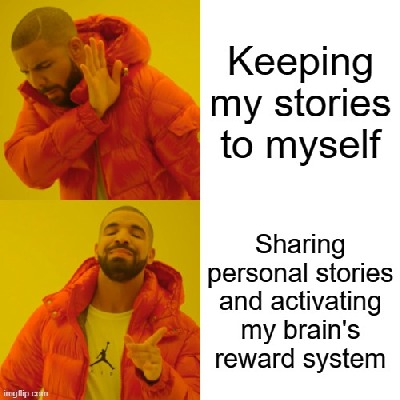How Your Beliefs Define Your Success: A Personal Growth Strategy
In life, much like in business, it’s often said that ‘culture eats strategy for breakfast.’ But what does this mean when it comes to personal development and life planning? Simply put, your personal beliefs and values act as the ‘culture’ that drives your daily decisions and strategies for achieving your goals. In this article, I want to share my thoughts on how these internal beliefs are far more powerful than any external plan or strategy.
The Foundation of Your “Personal Culture”
What Is ‘Personal Culture’?
When I talk about ‘personal culture,’ I’m referring to the core values, principles, and beliefs that define who you are and how you navigate the world. These are the things that guide your actions, shape your decisions, and ultimately, determine your success or failure in life.
Impact on Daily Life
Your personal culture influences every aspect of your daily life, from the smallest decisions, like what to eat for breakfast, to the biggest ones, like choosing a career path. Whether you’re aware of it or not, these beliefs are the invisible force driving your behavior and choices every single day.
Examples of Personal Culture’s Influence
Personal Experience
Let me share an example from my own life. A few years ago, I was faced with a difficult decision—whether to take a high-paying job that didn’t align with my values or to pursue a passion project that offered no financial security. I chose the latter because my personal culture values passion and fulfillment over money. This decision wasn’t just about following my heart; it was about staying true to the core beliefs that define who I am.
Stories of Well-Known Figures
Consider Steve Jobs, whose personal culture was built on innovation and simplicity. These values didn’t just shape his work; they defined his entire approach to life. His success with Apple wasn’t just about business strategy—it was about staying true to his personal beliefs.
How to Build and Maintain Your “Personal Culture”
Tips for Strengthening Beliefs
Strengthening your personal culture requires introspection and commitment. Start by identifying your core values—what truly matters to you? Once you’ve pinpointed these, make a conscious effort to align your actions and decisions with them. Over time, this alignment becomes second nature, and your personal culture grows stronger.
Habits and Rituals
Daily habits and rituals can play a crucial role in reinforcing your personal culture. Whether it’s a morning meditation to center your thoughts or a daily journal entry to reflect on your actions, these small routines help keep your beliefs front and center in your life.
Strategies That Work with Your “Personal Culture”
Integrating Culture and Plans
It’s not enough to simply have a plan; that plan needs to align with your personal culture. For example, if one of your core values is family, your life strategy should include time for loved ones. The more aligned your goals and values are, the more likely you are to achieve long-term success.
Examples of Effective Strategies
Consider creating a life plan that blends your short-term and long-term goals with your core beliefs. For instance, if you value health, incorporate regular exercise into your routine. If you value learning, set aside time for daily reading or education.
Conclusion
Summing Up
In conclusion, your personal culture—the beliefs and values you hold dear—plays a pivotal role in shaping your life. While strategies and plans are important, they are secondary to the culture that drives them. By focusing on strengthening your personal culture, you set the stage for a more fulfilling and successful life.
Call to Action
I encourage you to take a moment to reflect on your own personal beliefs. Are they aligned with the life you want to lead? If not, what changes can you make to ensure your values and actions are in harmony? Your success starts from within.


